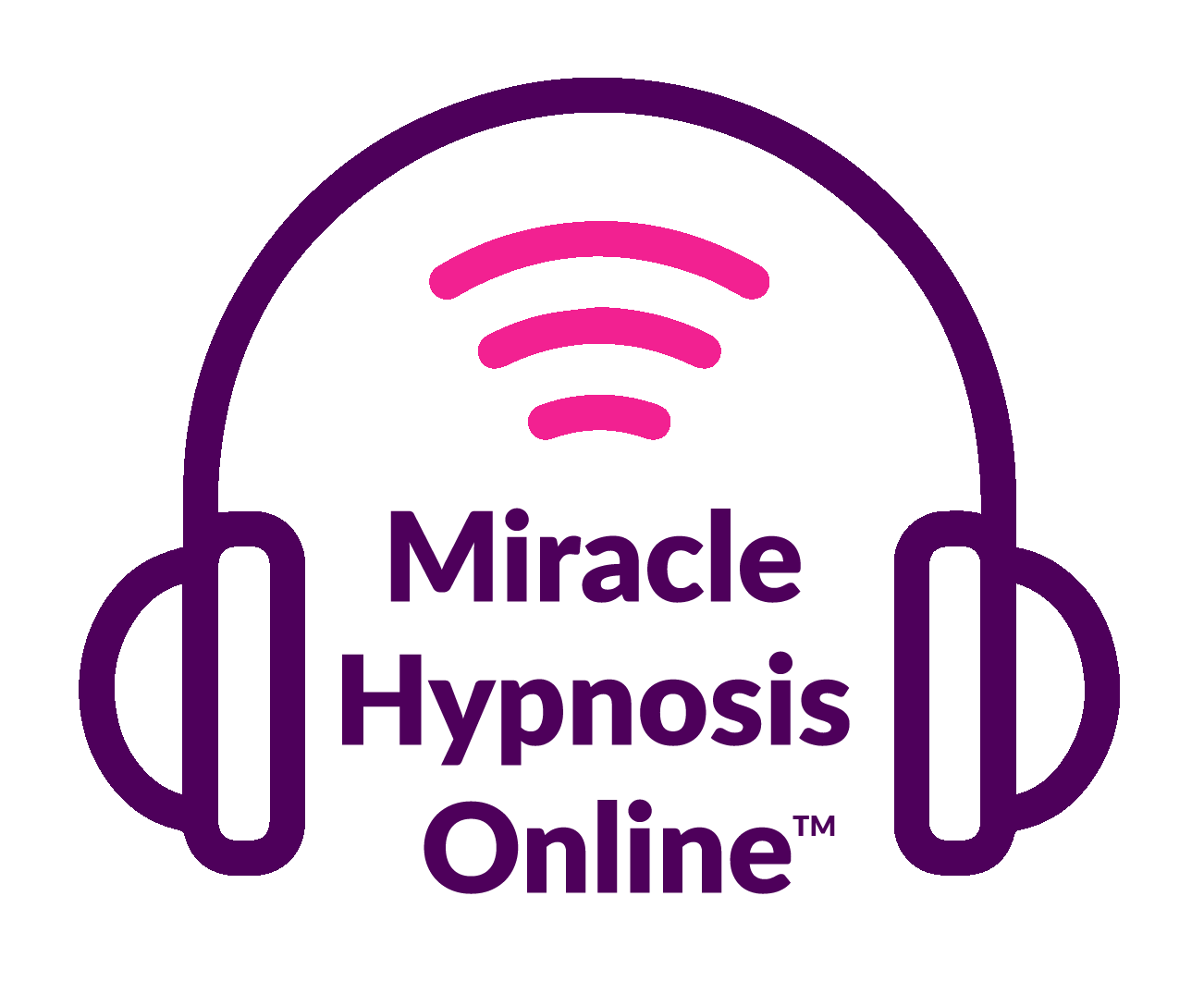The idea of changing one’s state of mind, mood, or moving from one emotion to another isn’t anything new.
As psychology has been developed, hypnotherapy emerged to treat mental conditions and behavioral changes. Similarly, there has been a rise in holistic approaches such as aromatherapy, massage therapy, naturopathy, meditation, and more. The purpose of these holistic approaches is to heal every aspect of our being in mind, body and spirit.
Here’s a brief history of hypnosis and meditation as well as ways that you may be able to apply either one to your life.
Hypnosis
The term hypnosis was coined in France in 1880, about twenty years after the death of James Braid, who introduced the term ‘Hypnotism’ in 1841. Braid adopted the term which primarily referred to the condition of the subject, rather than techniques applied by the operator. The term “Hypnosis” comes from “Hypnos,” a Greek word that means “sleep.”
Hypnosis is a state of intensified concentration to achieve a state of awareness known as ‘trance.’ This is done by bringing the receiver into a relaxed state while they are fully aware of it. As they listen to the therapist read the affirmations, the more concentrated a patient is, the more detached they become from their surroundings. This allows them to subconsciously soak in these words. The purpose of hypnosis is to cause a change in consciousness which gives the receiver a different view on their own personal situation. The more relaxed and concentrated the receiver is, the more susceptible they are to the therapist’s suggestions.
Most individuals who want to go into a hypnotic trance have a clear outcome they want to achieve. Owing to its suggestive nature, hypnosis is more powerful and faster than meditations. Setting intentions in advance can be extremely beneficial with having clear and concise goals.
Meditation
Wall Art in the Indian subcontinent is the earliest recorded evidence of meditation practice from about 5,000 to 3,500 BCE, showing people sitting with half-closed eyes in meditative postures. Meditation in Hinduism has a long history as a spiritual discipline and religious practice. Almost all Hindu religious texts, in some way or another, speak of meditation. In Taoist China and Buddhist India, other forms of meditation evolved around the 6th to 5th centuries BCE. Among scholars, the exact roots of Buddhist meditation are subject to debate. In the sutras of the Pāli Canon, dated from the 1st century BCE, early written accounts of the various levels and stages of meditation in Buddhism in India are found.
The purpose of meditation is to clear the mind, re-center, reconnect and detach from all stressors. It can be achieved in silence or by instrumental music or guided meditation.
To get into a meditative state, you can simply focus on a specific concept, such as forgiveness. Only to learn and explore the concept of forgiveness as to what it really means to YOU, and what it entails. There is no real point you are seeking to achieve, no sense of accomplishment other than how well you have managed to keep your mind from moving away from the notion you are contemplating.
You may set an intention to receive answers before your meditation and in the process. However, There is usually no forced or desired result from meditation.
So which one should you do?
If you’re looking to alter your present moment while you are still in a conscious state, Meditation could be useful. It is a passive approach in which you are allowing a shift.
Whereas if you are looking to achieve certain near future or long-term goals by altering current limiting beliefs, Hypnosis is a more active approach.

